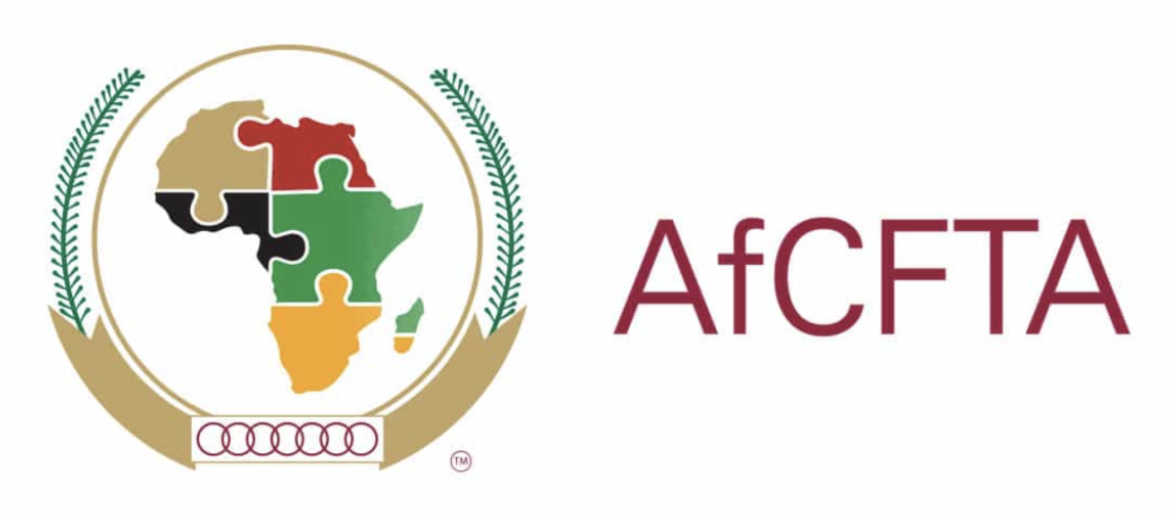Cameroon and Côte d’Ivoire are looking to strengthen their trade and investment relationship under the African Continental Free Trade Area (AfCFTA), but authorities in Yaoundé want a change in how that cooperation works. On Tuesday, August 26, 2025, Cameroon’s Minister of Commerce, Luc Magloire Mbarga Atangana, held a working session in Yaoundé with a delegation from Côte d’Ivoire’s National Committee for the AfCFTA, led by Fatoumata Fofana, the Executive Secretary.
Atangana told the delegation that the time has come for both countries to move beyond the old model of just exchanging goods and services. He argued that Africa’s free trade zone will not achieve its real purpose if countries only focus on selling to one another without investing in stronger partnerships.
According to him, the two countries must embrace technology transfer, joint ventures, and cross-border investments as the new pillars of cooperation. He explained that the spirit of trade agreements like AfCFTA should be about promoting the development of African states through commerce, rather than trade serving only the private interests of big companies.
The African Continental Free Trade Area, which became operational on January 1, 2021, was designed to create the world’s largest single market, connecting about 1.3 billion people across 54 countries. The agreement aims to cut tariffs, boost intra-African trade, and open up opportunities for businesses. But as Atangana pointed out, the benefits will not be evenly shared if countries stick to market dominance strategies without real collaboration.
At the moment, economic relations between Cameroon and Côte d’Ivoire are not balanced. Figures from Cameroon’s National Institute of Statistics (INS) show that Côte d’Ivoire is not among the top ten African destinations for Cameroonian exports. In contrast, Côte d’Ivoire remains Cameroon’s largest supplier of goods within Africa.
In 2023, Abidjan supplied Yaoundé with 84,400 tonnes of goods valued at 75.9 billion CFA francs, which represented 1.5% of Cameroon’s total purchases from the continent. This made Côte d’Ivoire the number one supplier to Cameroon in Africa, ahead of Morocco, South Africa, Egypt, and even Nigeria. Each of those countries contributed between 0.8% and 0.9% of Cameroon’s imports in the same year.
These numbers clearly show the trade imbalance and explain why Cameroonian authorities want to push for a new cooperation model that includes joint companies and investment vehicles, which could support local industries and create jobs.
As part of the Ivorian AfCFTA committee’s visit to Cameroon, several activities have been lined up to deepen discussions. On Wednesday, August 27, 2025, a mini-economic forum was scheduled to allow policymakers and stakeholders from both countries to reflect on the trade data and identify ways forward.
On August 28, business-to-business (B2B) meetings will hold between private sector players from both countries. These sessions will give companies the chance to directly negotiate partnerships, seek distribution networks, and explore investment opportunities. The program will also include guided visits to Cameroonian firms from August 28 to August 29, where Ivorian businesses will assess potential collaboration in different sectors.
Analysts believe this mission could open new opportunities if both sides take seriously the call for technology sharing and joint investment. For Cameroon, the push is about turning trade into real development by ensuring that its industries do not remain import-dependent. For Côte d’Ivoire, the engagement is a chance to consolidate its position as a key supplier in Central Africa while also creating pathways for joint ventures that can spread risk and benefits.
The AfCFTA has been widely described by African leaders as a game changer for the continent. But for it to succeed, smaller economies like Cameroon are demanding that stronger partners like Côte d’Ivoire adopt more inclusive approaches. The ongoing discussions in Yaoundé this week could set the tone for how both countries position themselves in the years ahead under Africa’s single market.
